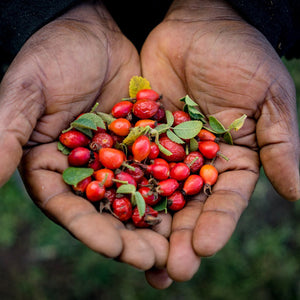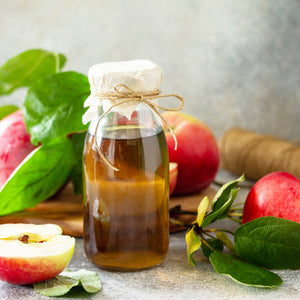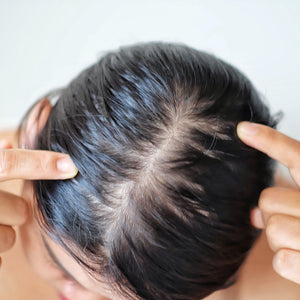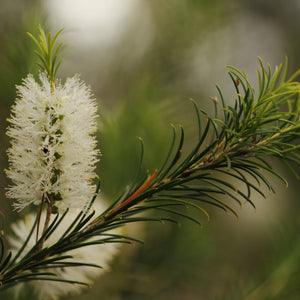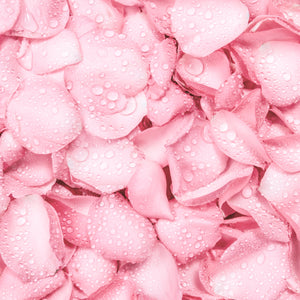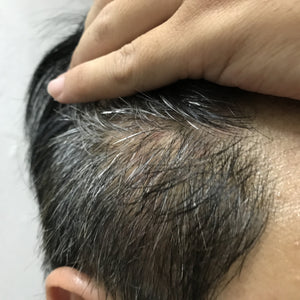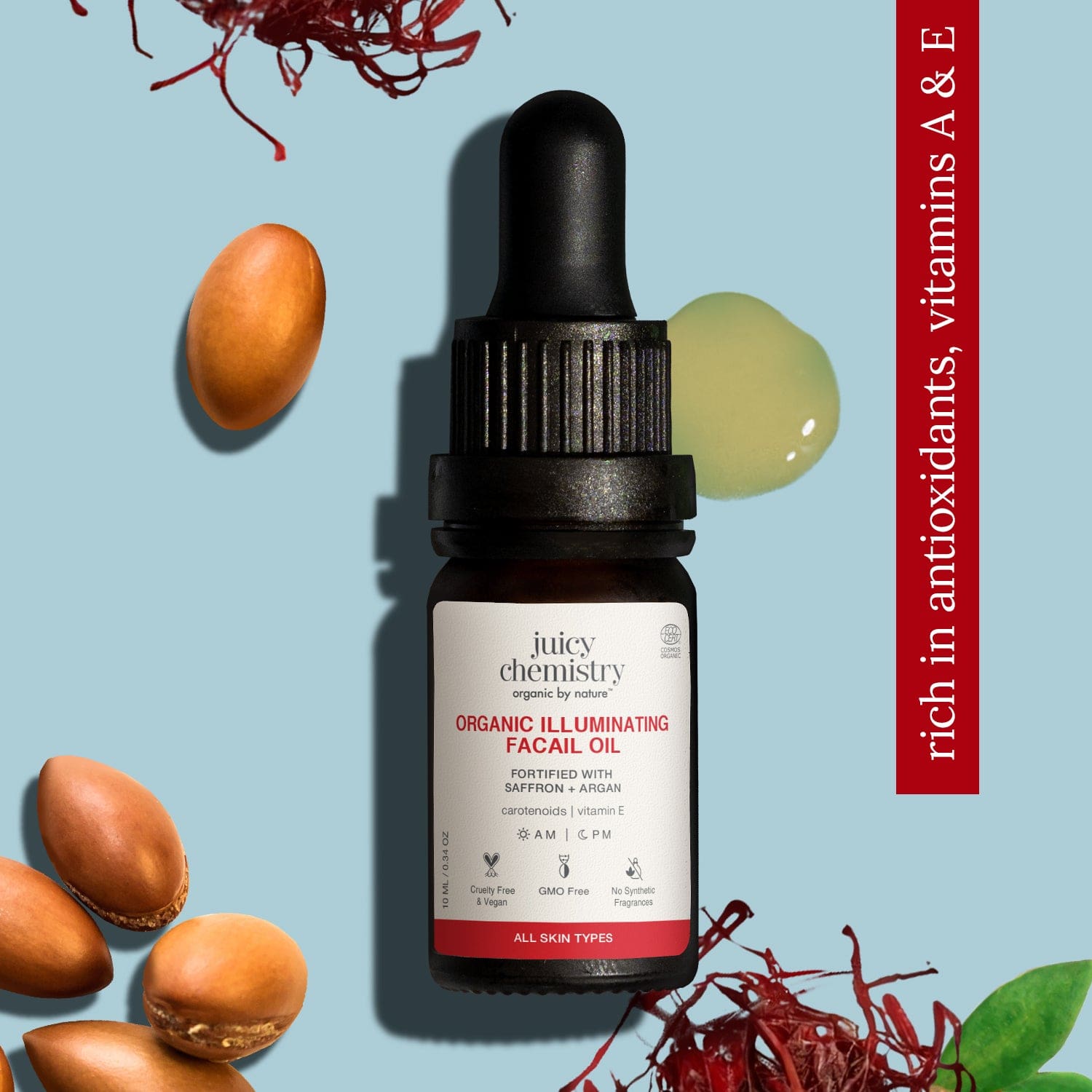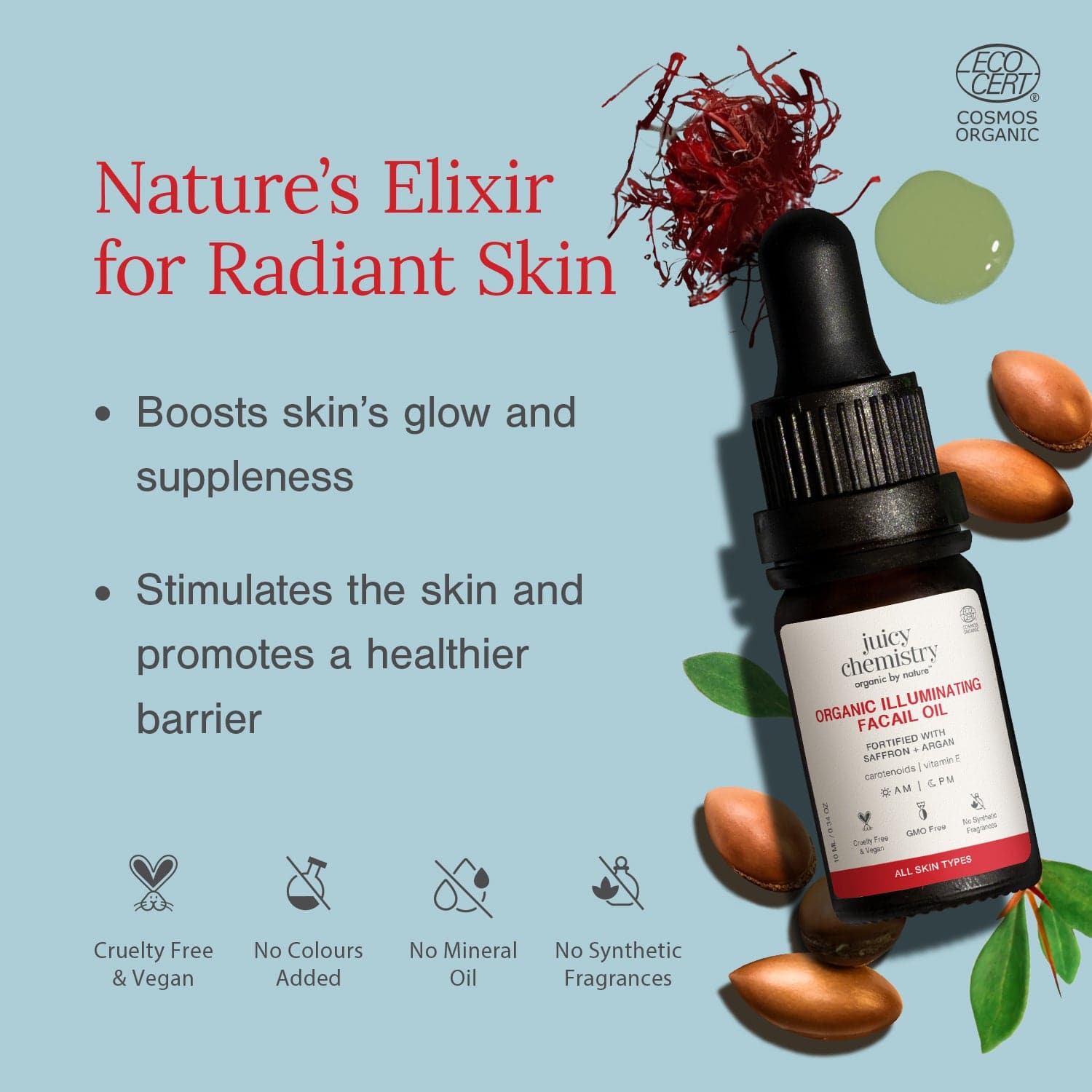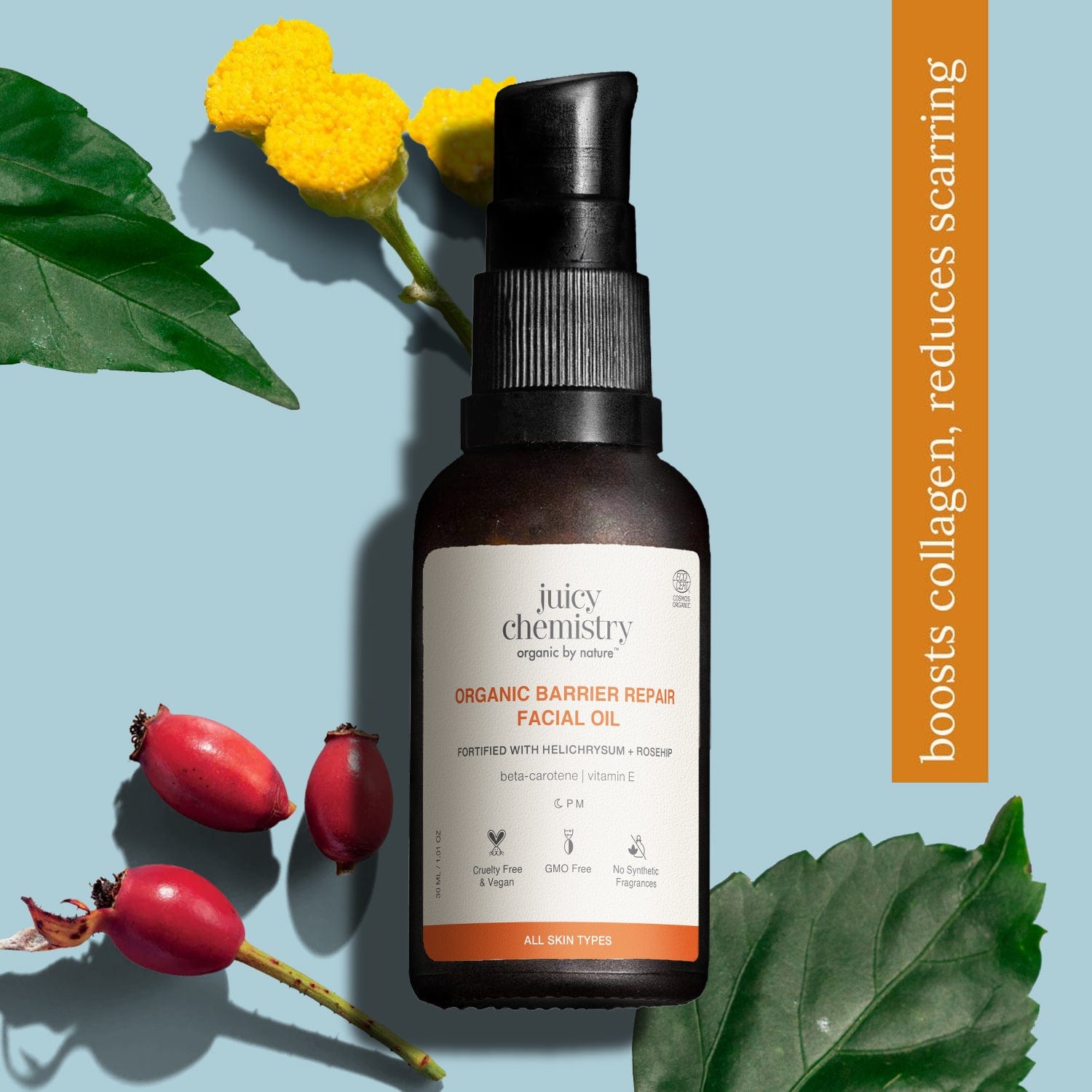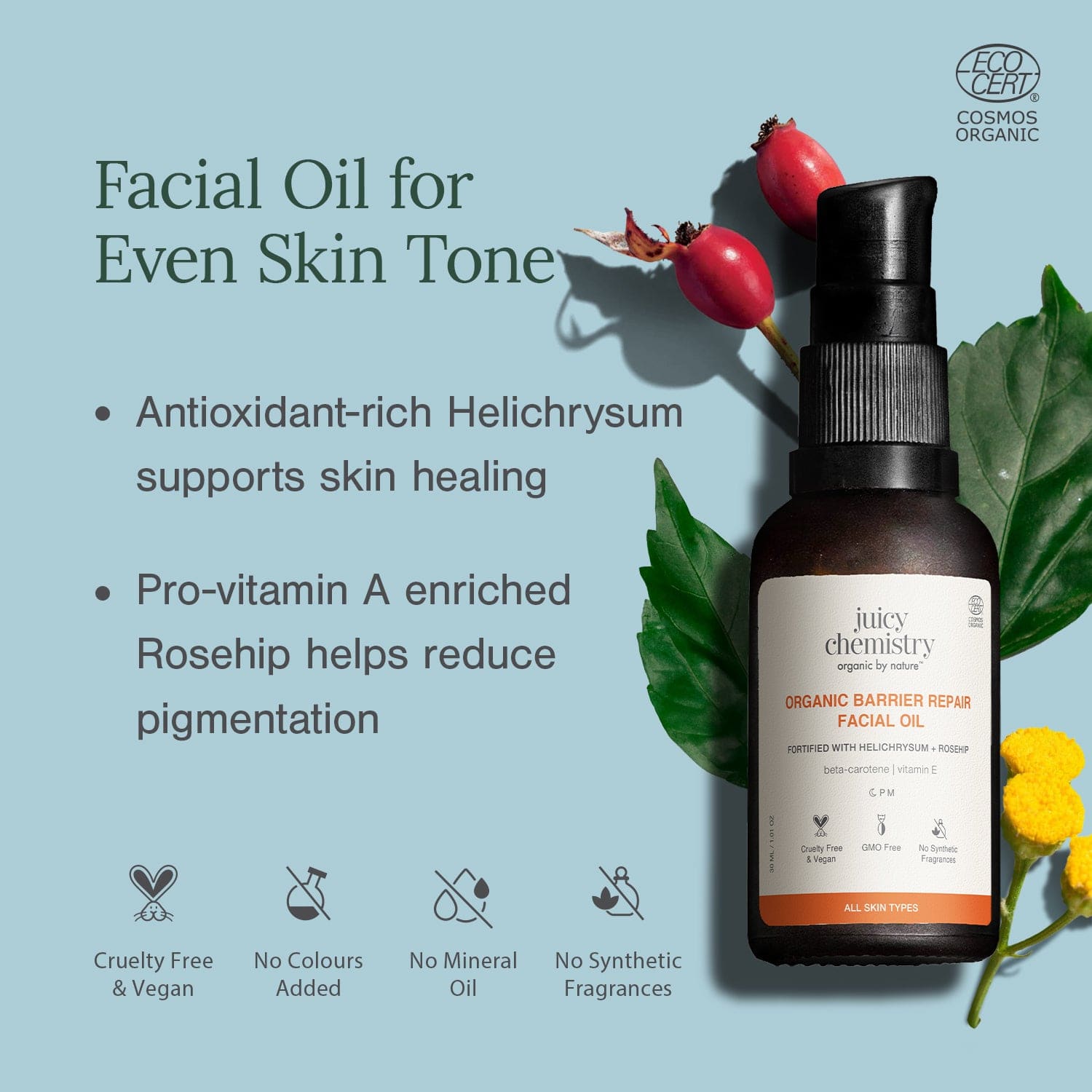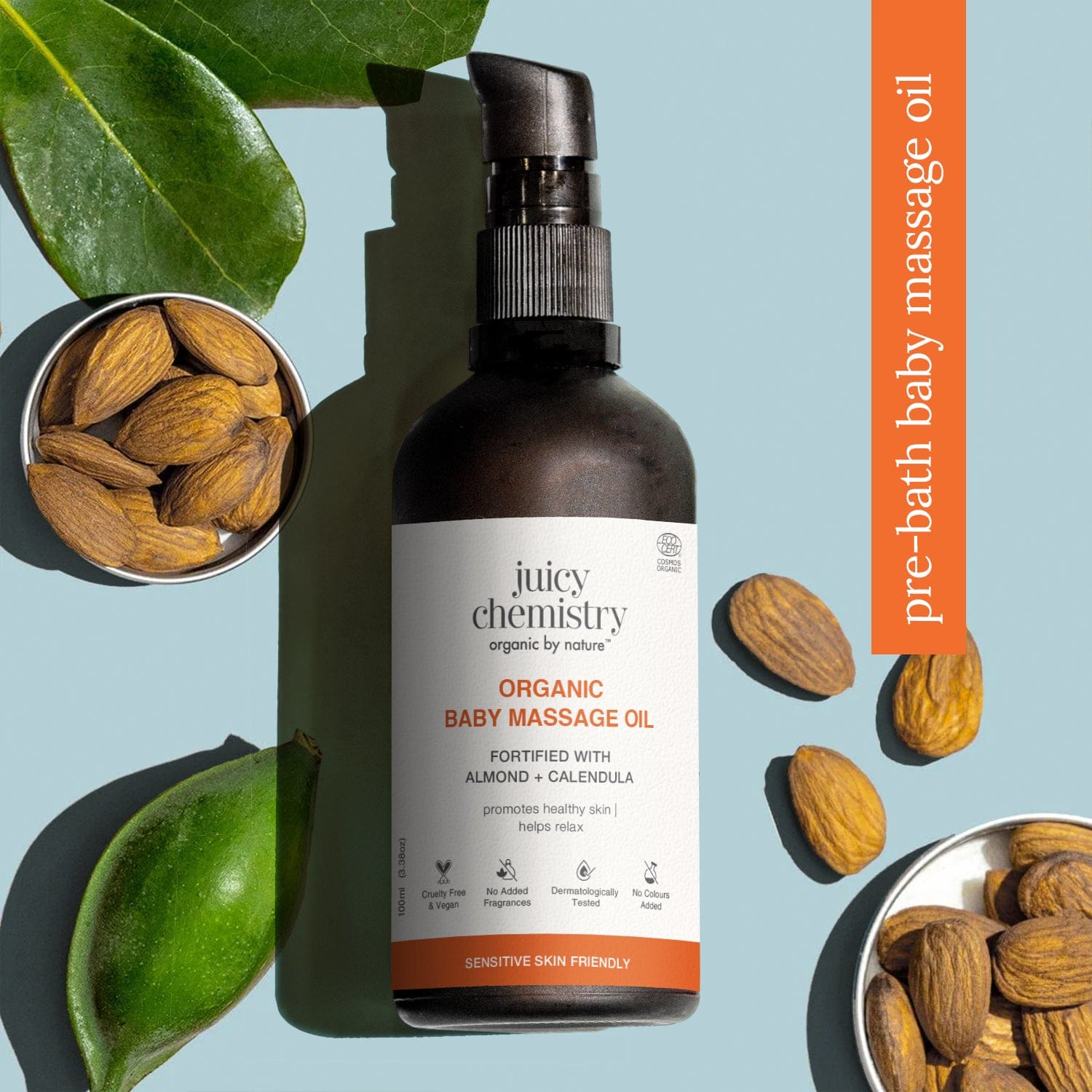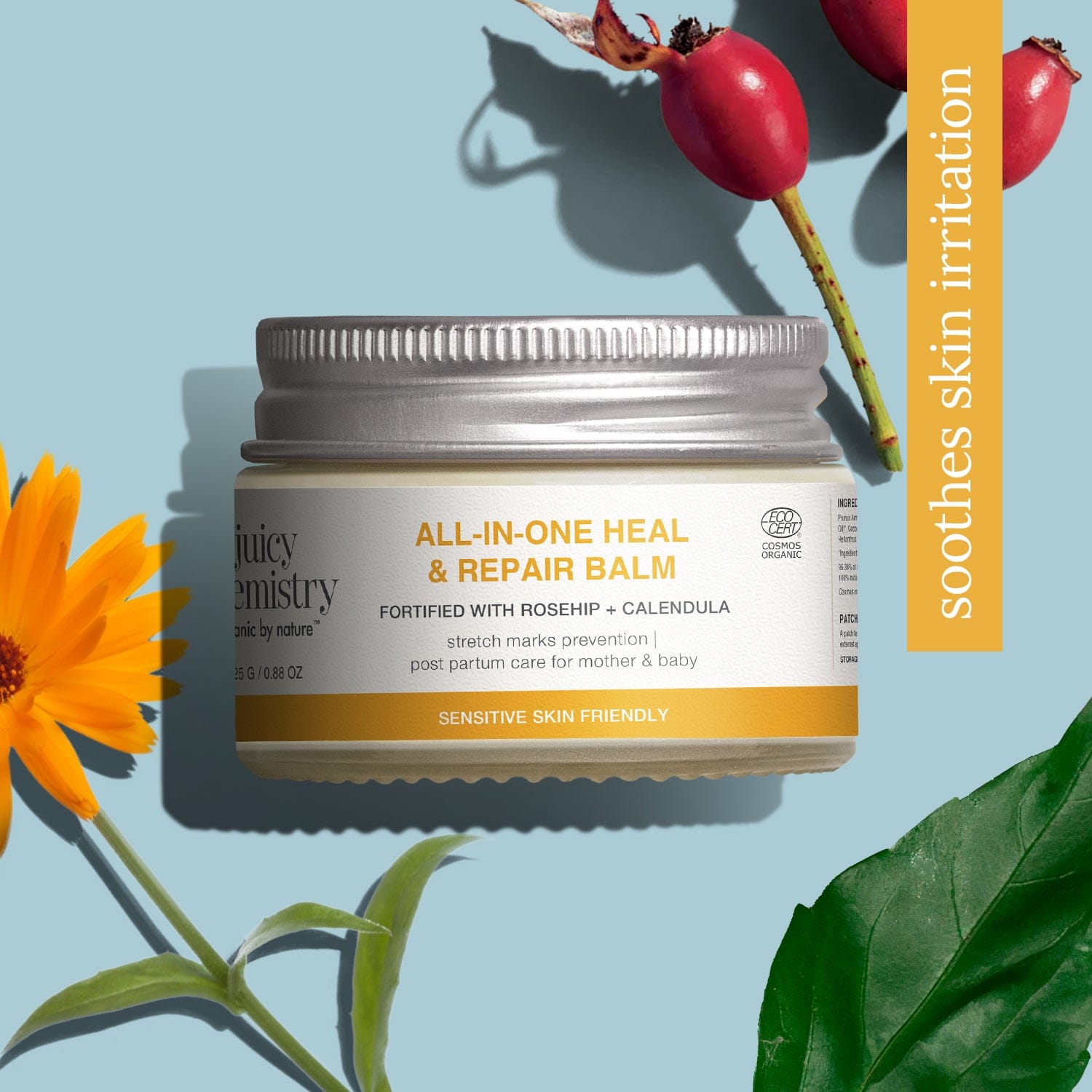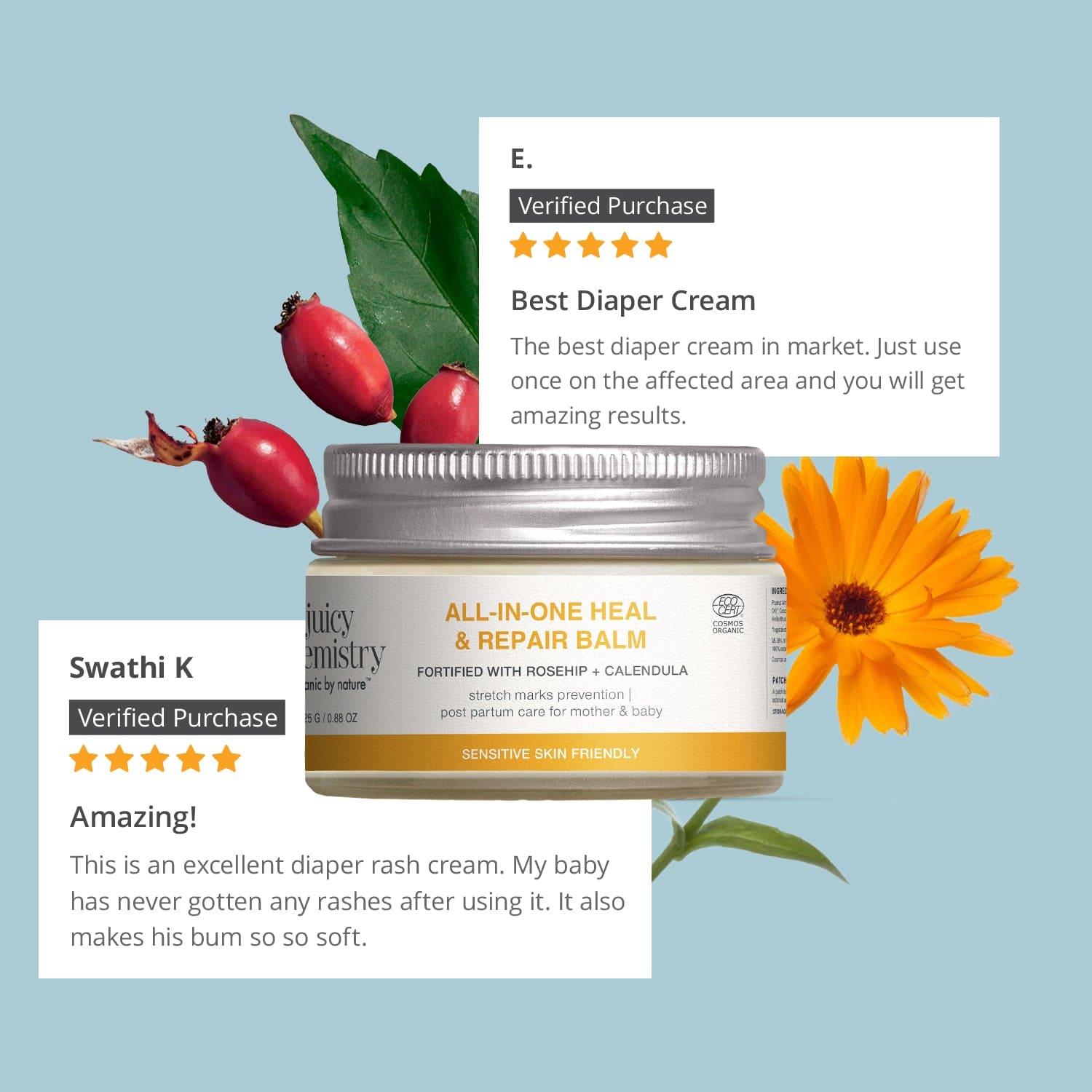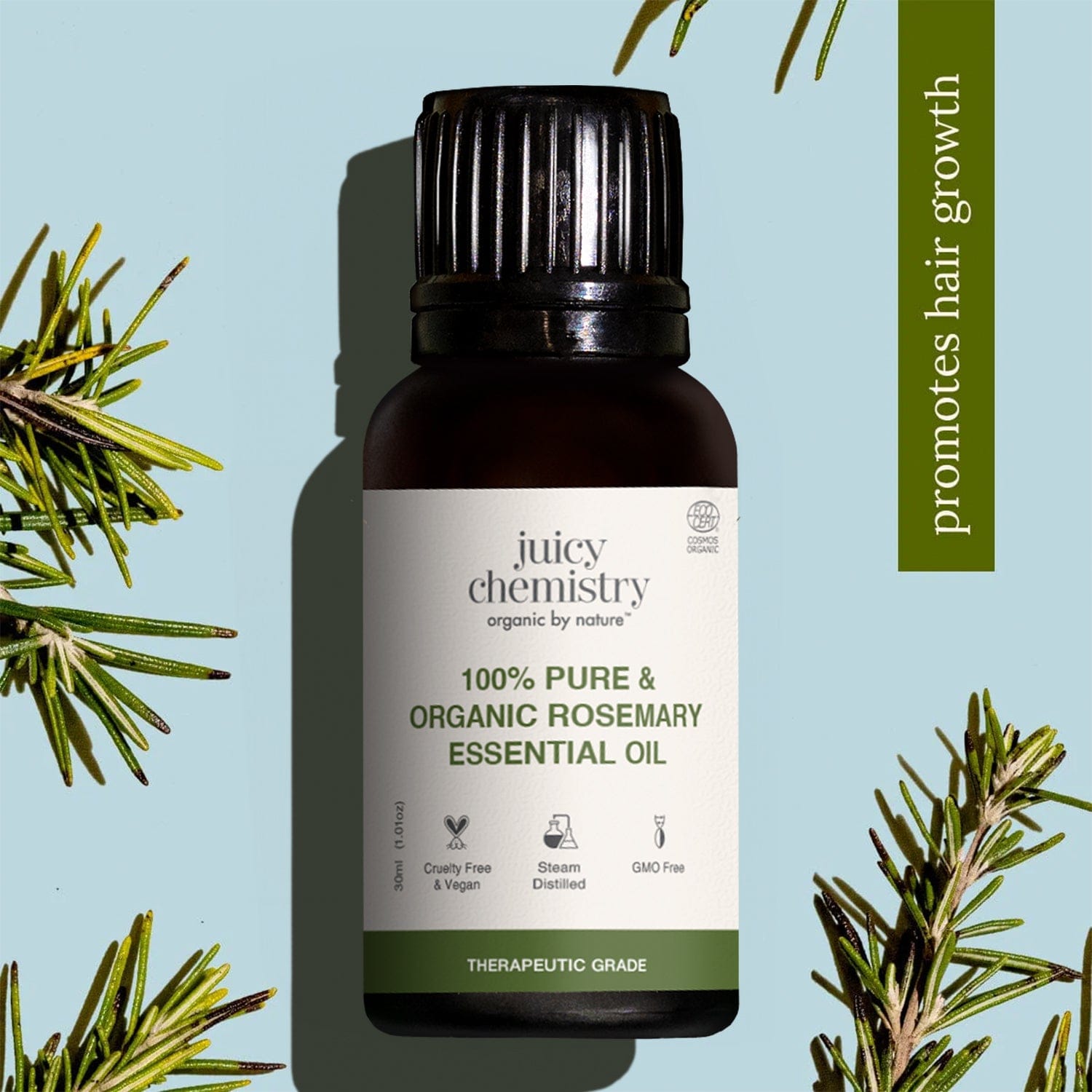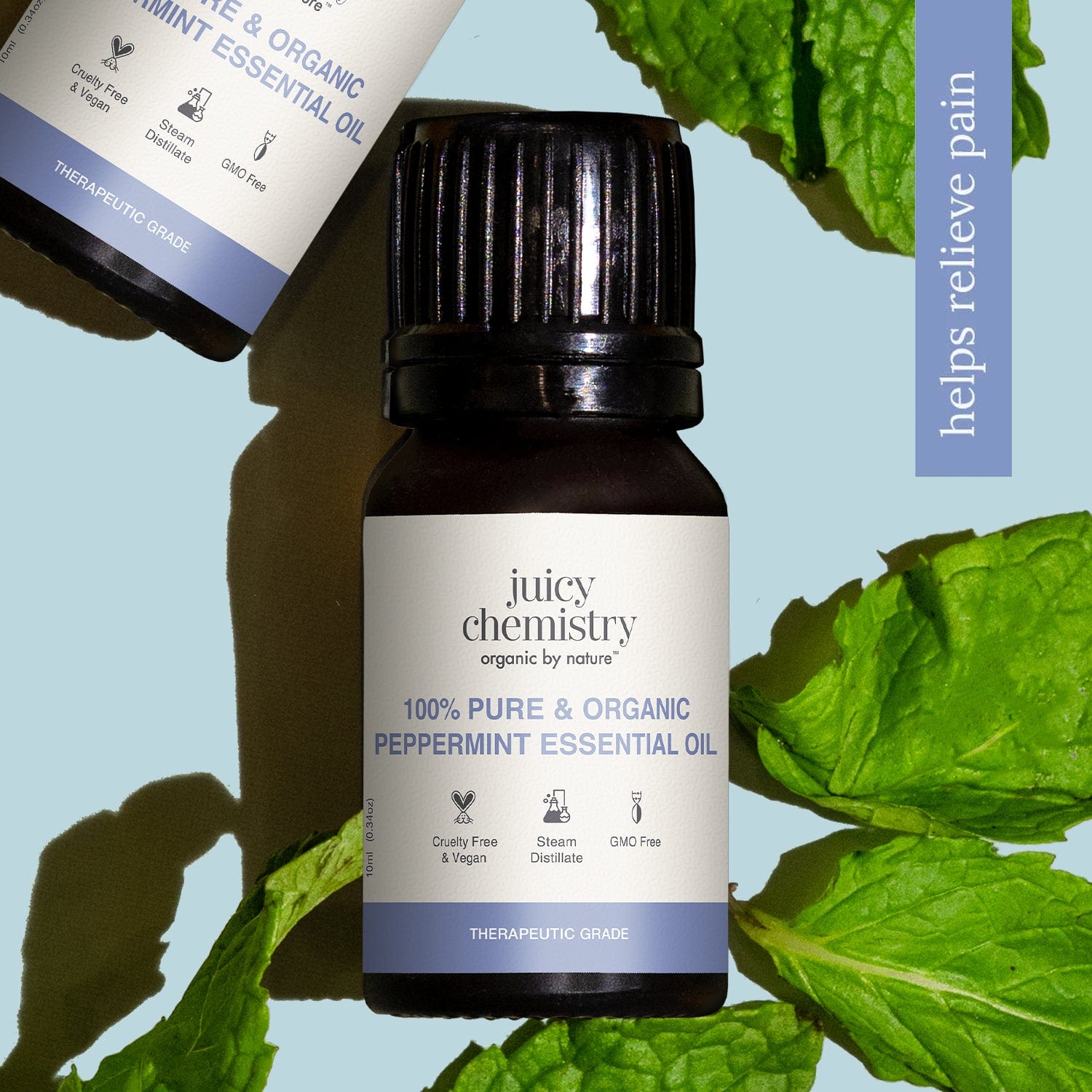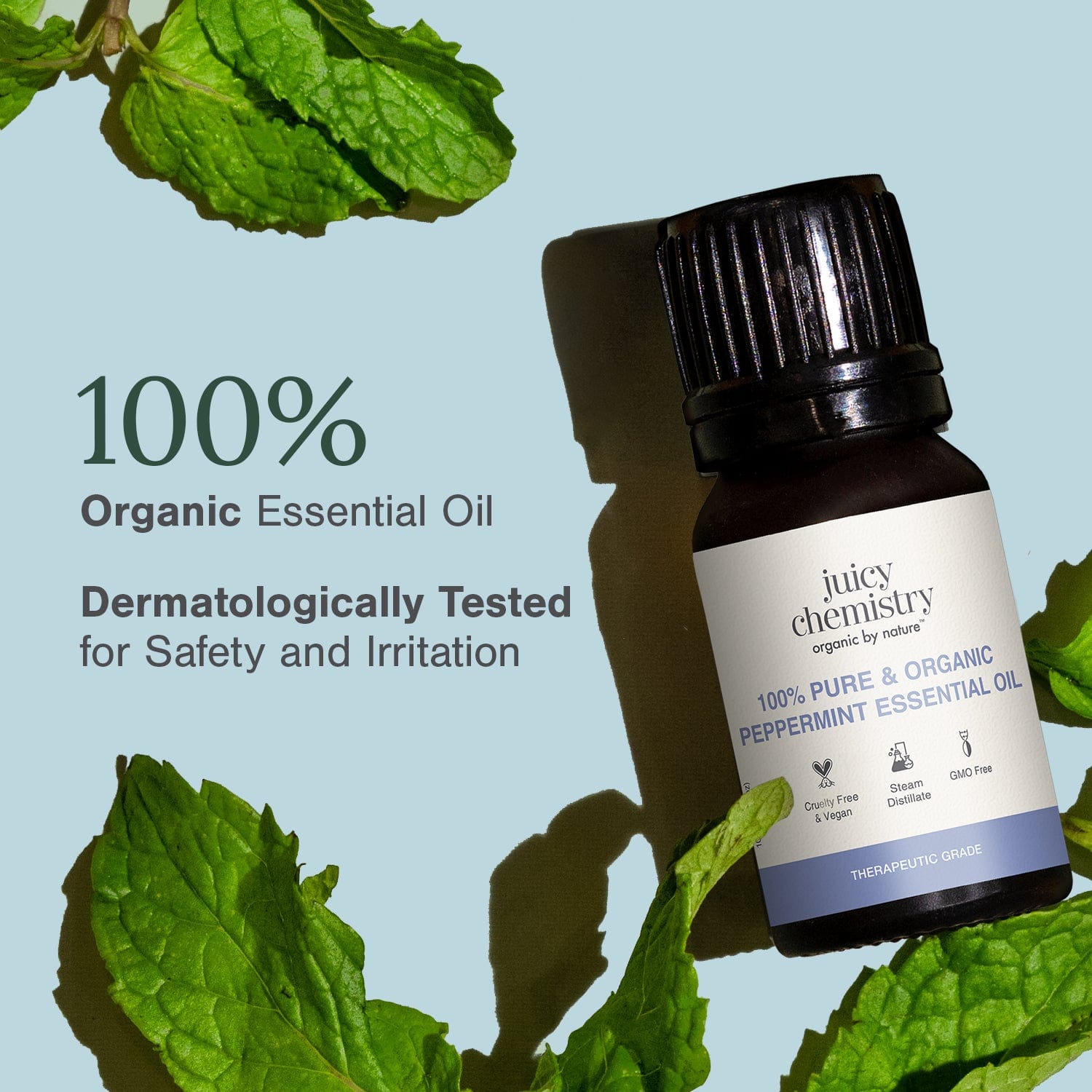Oily Scalp Dry Hair: Causes, Prevention And Remedies
December 09, 2022How To Avoid Oily Scalp And Dry Hair?
Navigating puberty and early adulthood can be quite challenging for individuals, both physically and emotionally, particularly regarding personal grooming. During these formative years, we begin to notice hormonal shifts within our bodies.
The same hormones that contribute to acne also trigger our skin and scalp to generate excess oil, resulting in hair that appears and feels greasy. In an effort to combat this surplus oil, we often resort to washing our hair more frequently.
Over time, this behavior becomes habitual, leading us to wash our hair every other day without considering the long-term consequences for our hair. This can result in an oily scalp paired with dry hair, a condition some refer to as ‘combination hair’. Let’s delve deeper into the factors contributing to this issue and explore ways to prevent it.
Factors Leading To Oily Scalp And Dry Hair
Hormonal fluctuations
Studies suggest that hormonal fluctuations during puberty can be associated with hyperactive sebaceous glands on our skin and scalp. This can result in heightened oiliness, seborrhoeic dermatitis of the scalp, and dandruff.
These issues further disrupt the balance of sebum distribution on your scalp and hair.
Frequent hair washing
The excess oiliness on the scalp prompts us to adopt a routine of frequent hair washing, which can dehydrate our hair and compel our scalp to produce even more oil as a compensatory mechanism.
Inappropriate hair products
Utilizing hair products and adhering to routines that do not align with the specific needs of our scalp and hair can create an oil imbalance, resulting in combination hair.
For instance, while a clarifying shampoo may help balance an oily scalp, neglecting to use conditioner can lead to dehydration of the hair strands.
Weather influences
Environmental conditions can sometimes lead our sebaceous glands to produce more oil. For example, heightened humidity during summer and monsoon seasons can exacerbate an oily scalp.
Conversely, certain weather conditions can further dehydrate hair strands. Increased dryness and frizz are often observed in winter, which can make hair feel rough, brittle, and more susceptible to breakage.
Overactive sweat glands
This issue is often observed during puberty or in individuals with hyperhidrosis (excessive sweating). Overactive sweat glands on the scalp can attract more dirt, leading to congestion, which in turn drives us to wash our hair more frequently, creating an oil imbalance in our scalp and hair.
Inadequate hair washing
While many of us apply rich hair oils and masks for nourishment, we often fail to completely rinse them from our scalp. This can result in the scalp appearing oilier than the hair strands, giving the impression of combination hair.
Excessive hair treatments
Regular coloring, hair treatments, and blow-drying can significantly damage hair. Over time, these practices can make hair texture appear brittle and frizzy, contributing to an oil imbalance that results in an oily scalp and dry hair.
Environmental pollutants
Pollutants in our environment can worsen oily scalp conditions and lead to product build-up and itching. Simultaneously, frequent exposure to sunlight can weaken hair strands, causing them to dry out. This ultimately leads to the combination of an oily scalp and dry hair over time.
Lifestyle factors
Poor dietary choices, lack of sleep, smoking, mental stress, and other lifestyle factors can negatively impact the quality of our skin and hair, eventually manifesting as oily scalp, dry hair, and hair loss.
Genetic predisposition
In some cases, issues such as hormonal imbalances, overactive sebaceous or sweat glands, etc., can be hereditary but may only become apparent during prepubescent or pubescent stages, resulting in a sudden shift in hair type.
4 Strategies To Prevent Oily Scalp And Dry Hair
Establish An Appropriate Hair Care Routine




